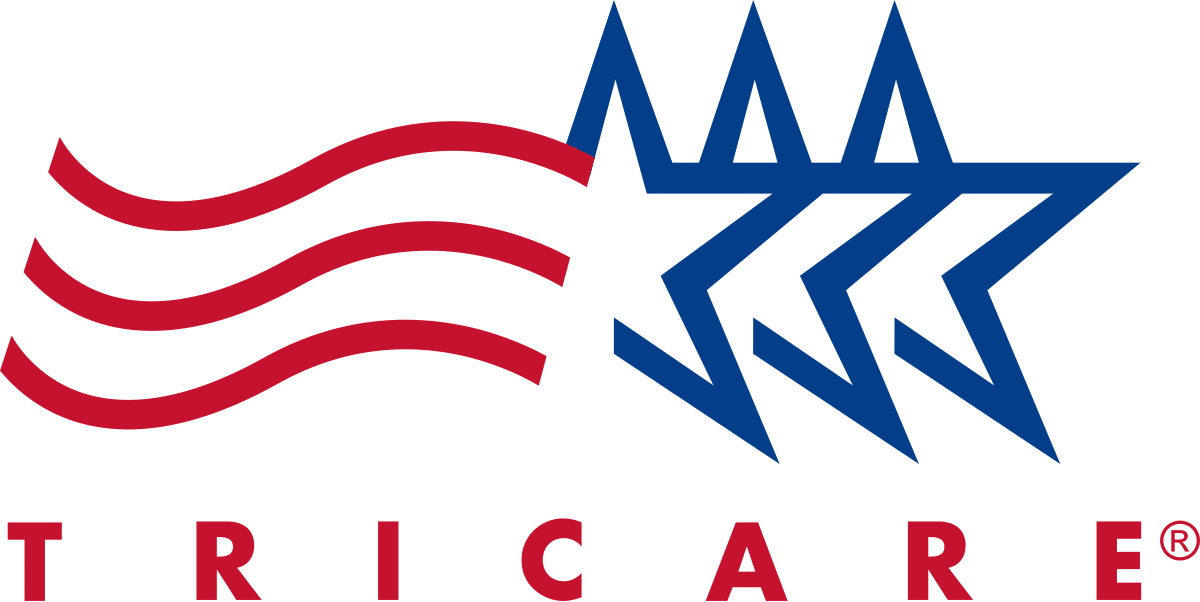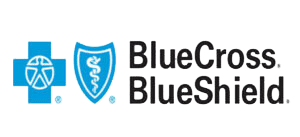Dependent Personality Disorder Treatment Center in Rome, GA
Dependent Personality Disorder Treatment Center in Rome, GA

Fairland Recovery Center’s dependent personality disorder treatment center in Rome, GA, is home to trained therapists who help patients build independence and self-esteem.
Dependent Personality Disorder (DPD) is a mental health condition that affects many people in Rome, Georgia, and beyond. Those with DPD often rely heavily on others and seek constant validation.
Our treatment center offers a range of therapy options tailored to each person’s needs. The goal is to help patients develop healthier relationship patterns and cope with anxiety.
Recovery from DPD takes time and effort, but it is possible with the proper support. Our mental health professionals work closely with patients to create personalized treatment plans. These plans often include skills training to boost confidence and reduce dependency on others.
Understanding Dependent Personality Disorder
Dependent Personality Disorder (DPD) is a mental health condition marked by excessive reliance on others. People with DPD often feel helpless and struggle to make decisions without support.
Signs and Symptoms of DPD
People with DPD show clingy behavior and fear of separation. They may:
- Struggle to make simple decisions without advice
- Need others to take responsibility for major life areas
- Fear of disagreeing with others
- Have trouble starting projects alone
- Feel uncomfortable or helpless when alone
- Quickly seek new relationships when one ends
- Worry excessively about being abandoned
These symptoms cause significant problems in daily life and relationships.
Causes and Risk Factors
The exact causes of DPD are unknown, but several factors may contribute:
- Childhood trauma or neglect
- Overprotective or authoritarian parenting
- Genetic predisposition
- Cultural factors that encourage dependence
DPD often starts in early adulthood. People with a history of anxiety disorders or abusive relationships may be at higher risk.
Diagnosis and DSM-5 Criteria
Mental health professionals use the DSM-5 to diagnose DPD. The criteria include:
- Difficulty making everyday decisions without excessive advice
- Needing others to assume responsibility for major life areas
- Trouble expressing disagreement due to fear of losing support
- Difficulty initiating projects or doing things independently
- Going to excessive lengths to obtain support from others
- Feeling uncomfortable or helpless when alone
- Urgently seeking new relationships when one ends
- Unrealistic preoccupation with fears of being left to care for oneself
At least five of these symptoms must be present for a diagnosis.
Treatment Approaches for DPD
Fairland Recovery Center offers various behavioral health approaches to help people with Dependent Personality Disorder (DPD). These methods aim to boost self-reliance and improve relationships.
Principles of Effective Therapy
Therapy for DPD focuses on building self-esteem and independence.
Therapists work with clients to:
- Set personal goals
- Practice decision-making skills
- Develop coping strategies
Fairland Recovery Center’s therapeutic approach focuses on two primary areas: building self-esteem and developing independence, which are fundamental to helping individuals manage their condition. The center uses the following:
- Cognitive–behavioral therapy (CBT)
- Rational-emotive behavioral therapy
- Dialectical Behavioral Therapy
- Trauma-focused CBT (TF-CBT)
- Modeling & Skills Training
- Motivational Interviewing
- Solution Focused Person-Centered Approach
- 12-Step Integrated Approach
- Contingency Management (CM)
- Reinforcement and Goal Setting
- Abstract Expression & Arts Therapy
Group Therapy and Peer Support
Group therapy offers a safe space for individuals to practice social skills and gain confidence. Participants share experiences and learn from others facing similar challenges. This setting helps reduce feelings of isolation.
Peer support groups can complement professional treatment. These groups provide emotional support and practical advice. Members often form friendships, which can aid in developing healthier relationships outside the group.
Group activities may include:
- Role-playing exercises
- Communication skill-building
- Assertiveness training
These sessions help people learn to express their needs and set boundaries. Over time, participants become more comfortable interacting with others.
Psychodynamic Psychotherapy and Schema Therapy
Psychodynamic psychotherapy explores how past experiences shape current behavior. This approach can help uncover the root causes of dependency.
Key aspects of psychodynamic therapy include:
- Examining childhood relationships
- Identifying negative patterns
- Developing insight into unconscious motivations
Schema therapy focuses on changing deeply held beliefs about oneself and others. It helps identify and modify unhelpful “schemas” or patterns of thought and behavior.
Both approaches aim to boost self-esteem and promote personal growth. Patients learn to challenge negative self-perceptions and develop a stronger sense of identity.
Family Therapy and Role of Caregivers
Family therapy involves loved ones in the treatment process. It helps improve communication and set healthy boundaries within relationships.
The goals of family therapy may include:
- Educating family members about the disorder
- Reducing enabling behaviors
- Fostering independence in the patient
Caregivers play a crucial role in supporting recovery. They learn how to encourage autonomy while providing necessary emotional support.
Therapy can help family members understand the balance between support and enabling. This knowledge aids in creating a home environment that promotes growth and independence.
Role of Medication Management
While there’s no specific drug for DPD, medication can help with related issues. Antidepressants or anti-anxiety drugs may be prescribed if needed. These can ease symptoms that make therapy harder.
A psychiatrist will:
- Assess the need for medication
- Monitor dosage and effects
- Adjust treatment as needed
Regular check-ins ensure the medication is working well. The goal is to support therapy, not replace it.
Outpatient vs. Residential Treatment Programs
Treatment options at Fairland Recovery Center include both outpatient and inpatient programs. Outpatient treatment allows patients to live at home while attending therapy sessions. This works well for milder cases or those with strong support systems.
Residential treatment offers more intensive care. Patients live at the facility and receive round-the-clock support. This can be helpful for severe cases or when home life is stressful.
Both options provide:
- Individual therapy sessions
- Group counseling
- Skill-building workshops
The choice depends on the person’s needs and situation. Some may start with residential care and move to outpatient as they improve.
Special Considerations in DPD Treatment
Treating Dependent Personality Disorder (DPD) requires addressing unique challenges. These include managing co-occurring conditions, dealing with overlapping personality disorders, and fostering independence in patients.
Co-occurring Disorders
DPD often appears alongside other mental illnesses. Mood disorders, anxiety disorders, and eating disorders frequently co-exist with DPD. Substance use disorders can also be present.
Treatment plans must account for these dual diagnoses. Cognitive Behavioral Therapy (CBT) can help address both DPD and co-occurring anxiety or depression. For substance abuse issues, a combined approach may be needed.
Medications might be prescribed to manage symptoms of mental health issues when occurring alongside DPD. This can support overall mental health treatment success.
Personality Disorders Comorbidity
DPD can overlap with other personality and mental health disorders. This complicates diagnosis and treatment. Common comorbidities include:
- Borderline Personality Disorder
- Avoidant Personality Disorder
- Histrionic Personality Disorder
- Bipolar Disorder
- Attention Deficit Hyperactivity Disorder (ADHD)
Borderline personality disorder patients may resist submitting to control, unlike those with DPD. Avoidant personality disorder shares some features with DPD but stems from fear of rejection rather than need for care.
Dialectical Behavior Therapy (DBT) can be effective for treating multiple personality disorders. It helps patients develop coping skills and emotional regulation.
Developing Independence and Self-Confidence
Fostering independence is a key goal in DPD treatment. Therapists work to build patients’ self-confidence and decision-making skills.
Gradual exposure to independence is crucial. This might involve:
- Setting small, achievable goals
- Practicing solo decision-making in low-stakes situations
- Learning to tolerate uncertainty
Role-playing exercises can help patients practice assertiveness and responsibility-taking. Over time, these skills contribute to lasting behavioral change and increased self-reliance.
Transition and Aftercare Planning
Effective transition and aftercare planning are key to long-term recovery from dependent personality disorder. These plans help patients maintain progress after leaving treatment.
Creating an Effective Aftercare Plan
An aftercare plan outlines steps for continued care after leaving a treatment center. It often includes therapy sessions, support group meetings, and medication management.
The plan should address specific needs related to dependent personality disorder. This may involve strategies to build self-reliance and decision-making skills.
Homework activities can be part of the plan. These help patients practice new coping skills in real-life situations.
Regular check-ins with a therapist or counselor are essential. They allow for adjustments to the plan as needed.
Support Systems and Continuing Care
Building a strong support system is crucial for recovery. This can include family, friends, and support groups.
Continuing care can include ongoing therapy sessions. These help reinforce skills learned during treatment.
Support groups offer a chance to connect with others facing similar challenges. They provide a safe space to share experiences and coping strategies.
Maintaining healthy relationships is vital for recovery. Patients learn to set boundaries and communicate effectively.
First Step Towards Independence
Don’t let Dependent Personality Disorder control your life any longer. At Fairland Recovery Center, we’re committed to helping you build the confidence and independence you deserve.
Our expert team in Rome, GA, is ready to create a personalized treatment plan tailored to your unique needs. Whether you’re considering outpatient or residential treatment, we’re here to support you every step of the way.
Don’t wait to start your journey to emotional freedom. Contact Fairland Recovery Center today to schedule a confidential consultation and learn how we can help you overcome Dependent Personality Disorder. Your path to a more independent, fulfilling life begins with one call. Reach out now and take control of your future.
Find Help Now
We accept most major insurances











